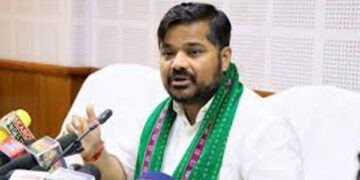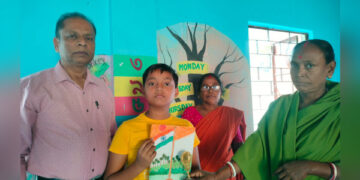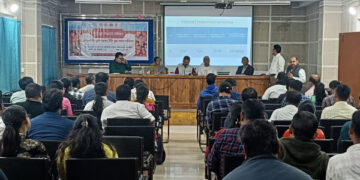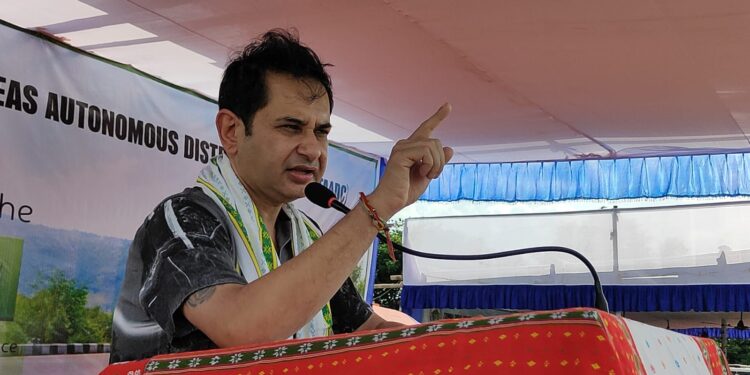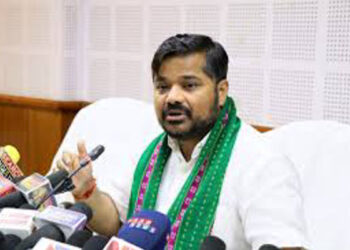Agartala, September 11: On Wednesday, TIPRA Motha founder Pradyot Kishore Debbarma addressed concerns raised by Congress MLA Sudip Roy Barman regarding the delay in implementing the much-anticipated TIPRA agreement for the indigenous people of Tripura. Speaking to journalists, Debbarma attributed the delay to the extended process leading up to the recently concluded Parliament elections. He emphasized the need for urgency from the central government to address the issues and expedite the implementation of the agreement.
Debbarma, who has been vocal about the rights of Tripura’s indigenous communities, suggested that Prime Minister Narendra Modi and Union Home Minister Amit Shah must take a more proactive stance in fulfilling the promises made to the indigenous people to prevent unrest.
Drawing a parallel to the ongoing turmoil in Manipur, he emphasized that delays could lead to instability, particularly when the situation in neighboring Bangladesh is far from favorable for India.
Debbarma added that if the government is not serious about implementation of the tripartite agreement then other options are always open for him and moreover, those who think of trapping him are living in fools paradise because for him money, leaders and party is not important rather what is important for him is people and good name.
He warned that certain forces might exploit the regional tensions to disrupt Tripura’s peaceful environment.
The royal scion, who has been actively involved in peace-building efforts, also highlighted his significant role in the recent peace agreement signed in New Delhi with two banned militant groups.
He claimed to have facilitated the surrender of militants, resulting in the release of a ₹250 crore package aimed at rehabilitating former insurgents.
However, Debbarma urged the government to go a step further by offering compensation to victims of insurgency, which has led to the displacement of hundreds of families and widespread loss of life and property.
He called for justice for both tribal and non-tribal communities affected by militancy and as well as also due the security forces’ actions during the period of insurgency.
In addition to these demands, Debbarma stressed the importance of economic relief for Tripura, particularly in the aftermath of devastating floods.
He noted that while restoring peace is critical for the state’s development, the central government must provide an immediate economic package to support the flood-ravaged region.
Debbarma also addressed growing concerns over allegations of financial misconduct within the Manik Saha government.
He called for a thorough investigation into the accusations against certain ministers and officials, insisting that those found guilty should be held accountable.
His remarks reflected a sense of disappointment with the current state of governance, as he expressed disappointe over the persistence of corruption despite his efforts to bring transparency and positive change to the system.
As Tripura braces for upcoming political and economic challenges, Debbarma’s statements signal his continued commitment to the indigenous cause and his determination to hold the government accountable for its promises and actions.
Pradyot Kishore Debbarma Addresses Concerns Over Delay in TIPRA Agreement Implementation
0
0
SHARES
1
VIEWS
Please login to join discussion


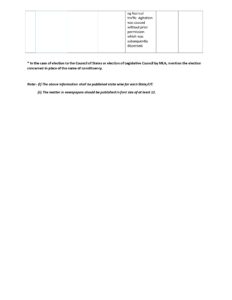
Stay Connected test
- Trending
- Comments
- Latest
Tripura Cabinet Clears New Medical Colleges
February 13, 2026
Ex-SPO Jawan Held in Nandan Nagar Extortion Case
February 13, 2026
Belonia Court Awards Life Term in Murder Case
February 13, 2026
North Tripura Foils Child Marriage Bid
February 13, 2026
Recent News
Tripura Cabinet Clears New Medical Colleges
February 13, 2026
Ex-SPO Jawan Held in Nandan Nagar Extortion Case
February 13, 2026

